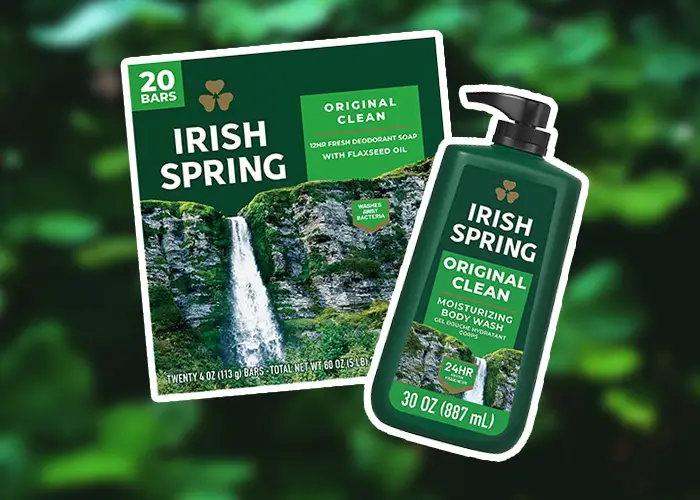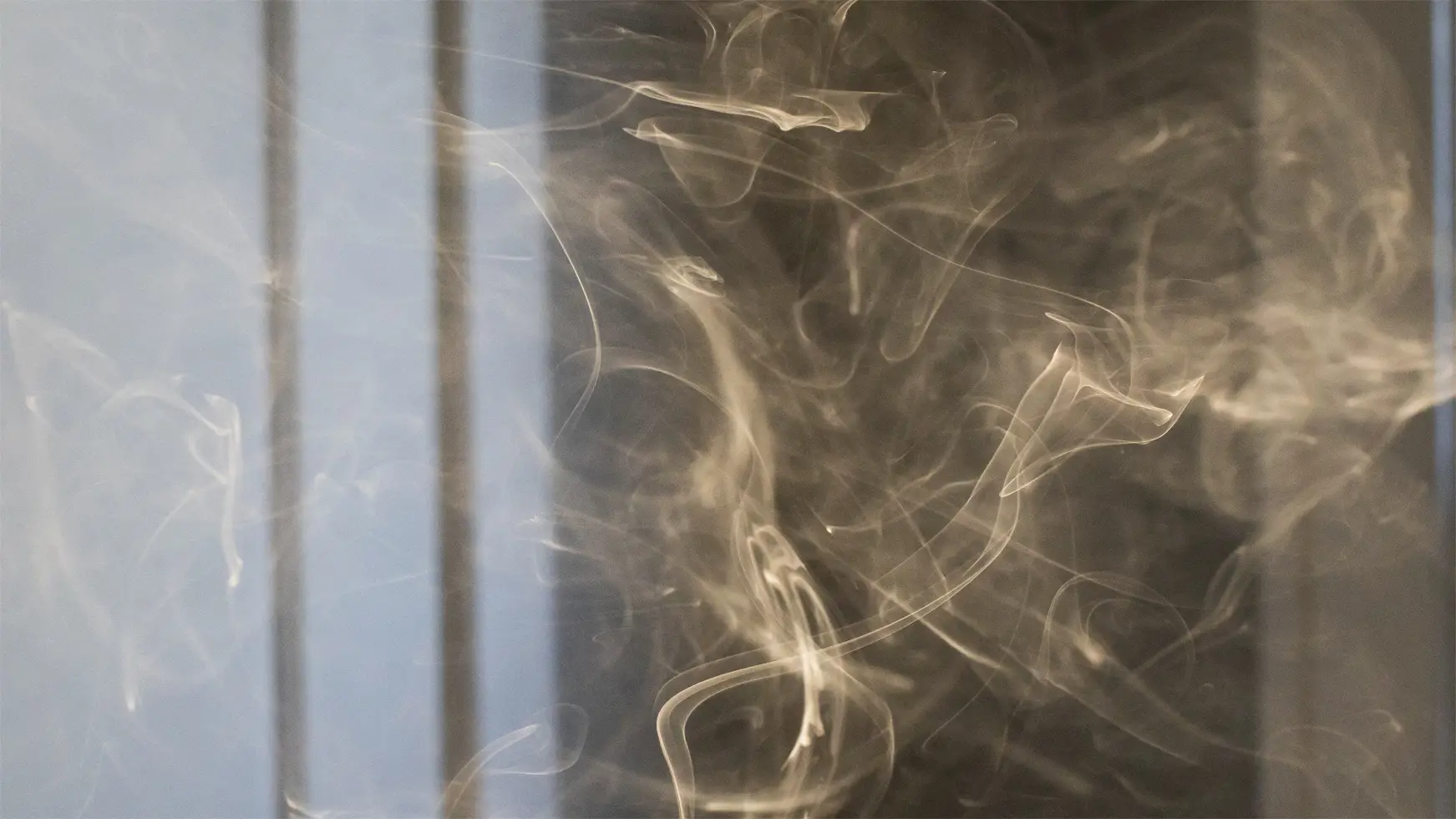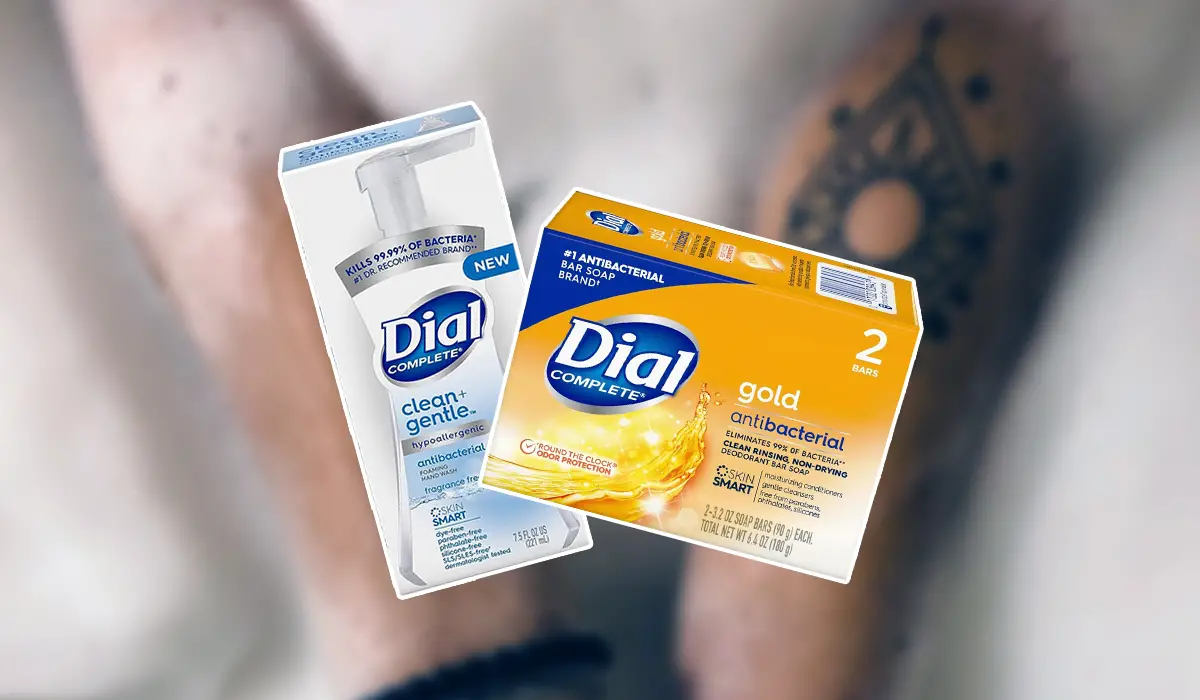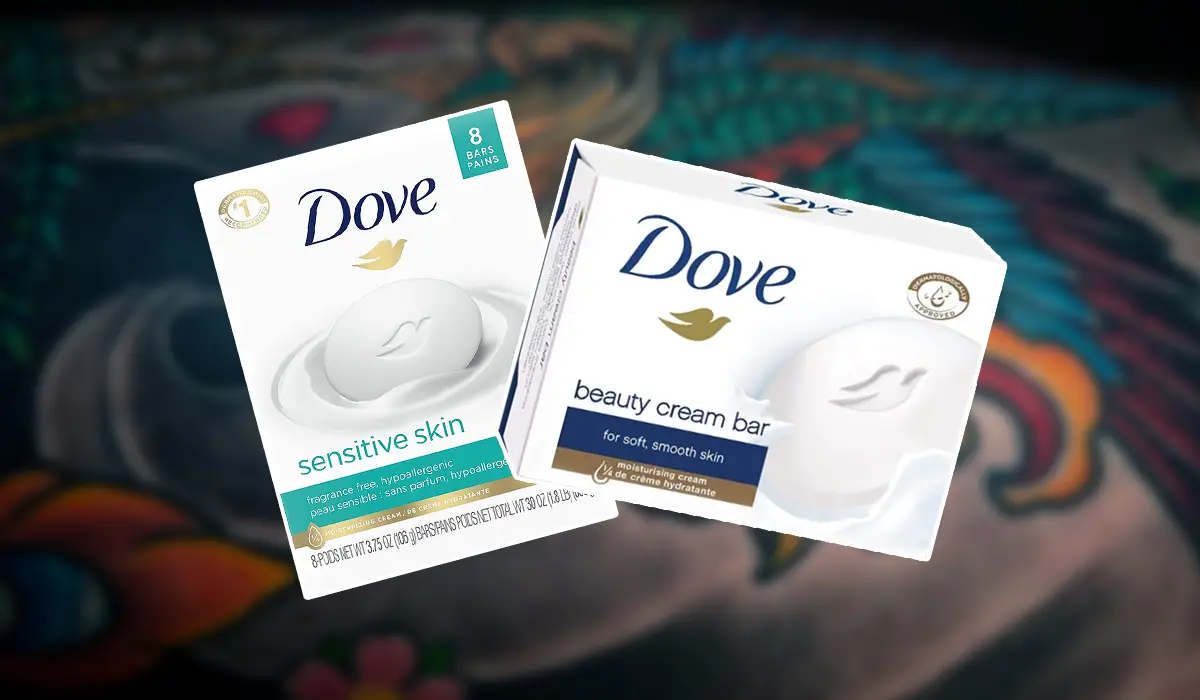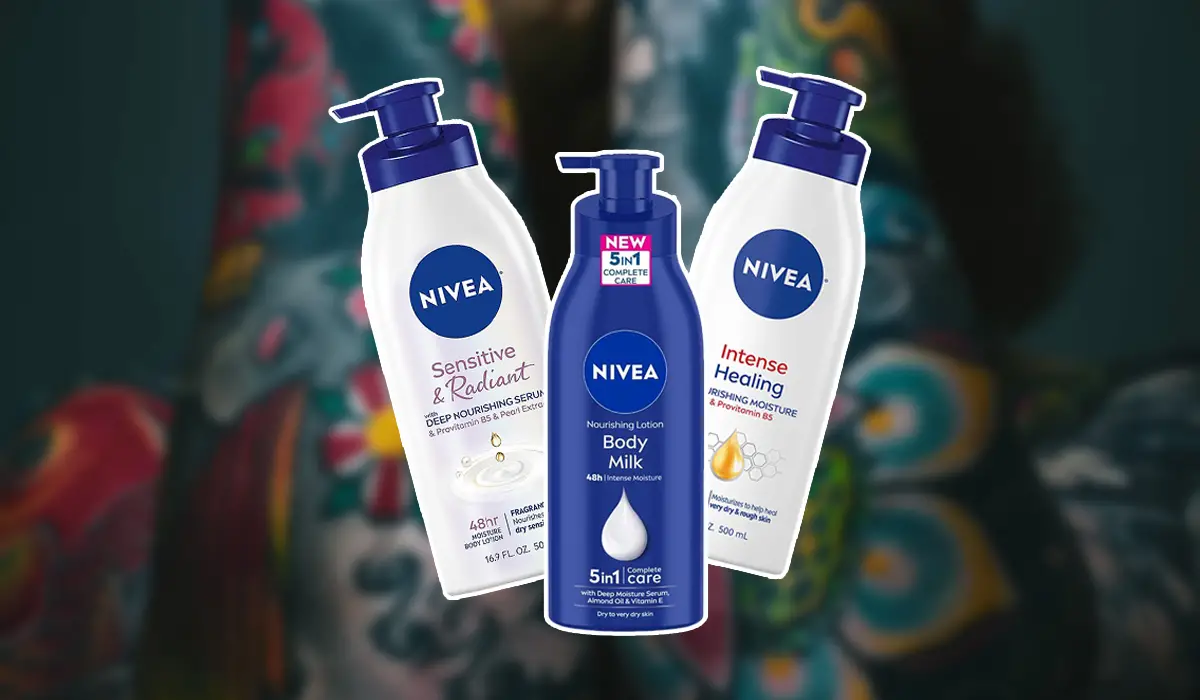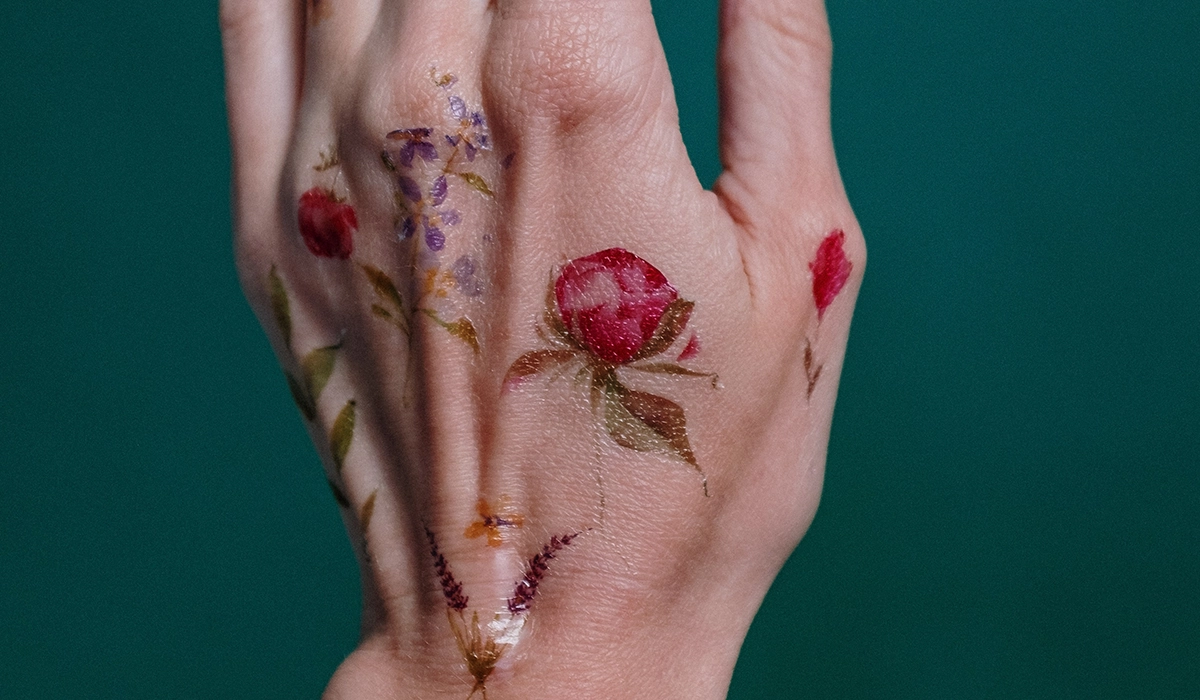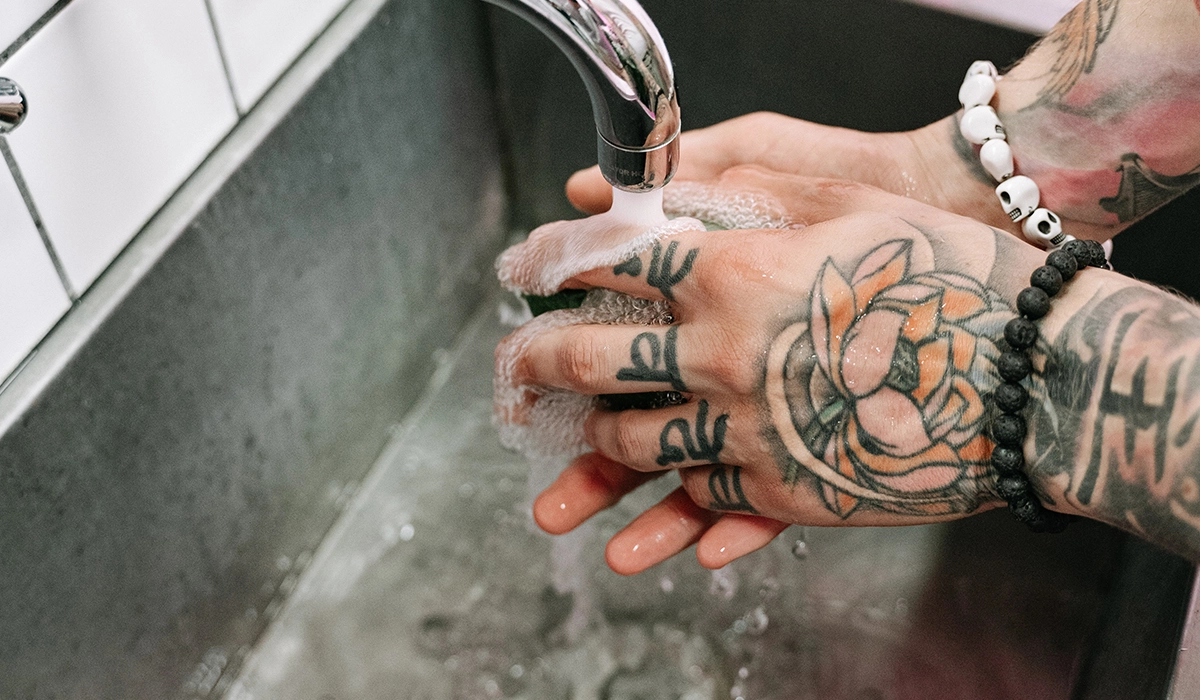Getting a tattoo is a commitment – you are signing up to your skin getting permanently inked. To ensure that it turns out the way you want it to, you will need to follow the aftercare instructions your tattoo artist provides you with. Most of them will recommend some form of aftercare to help with healing such as keeping the area of the tattoo clean and moisturized. They will also recommend that you avoid workouts or strenuous activities until the tattoo has healed completely.
Now, those of us who frequent the gym may find the idea of not working out for a while to be quite displeasing. No matter how eager you might be to hit the gym, over-exerting yourself after getting a tattoo is not a good idea. You might be wondering when to exercise after getting a tattoo. So, in this article, we will be going through the benefits of refraining from exercise after getting a new tattoo, when to exercise after getting a tattoo and how to do so safely.
ADVERTISEMENT
ARTICLE CONTINUES BELOW
How Exercising Can Harm Your New Tattoo
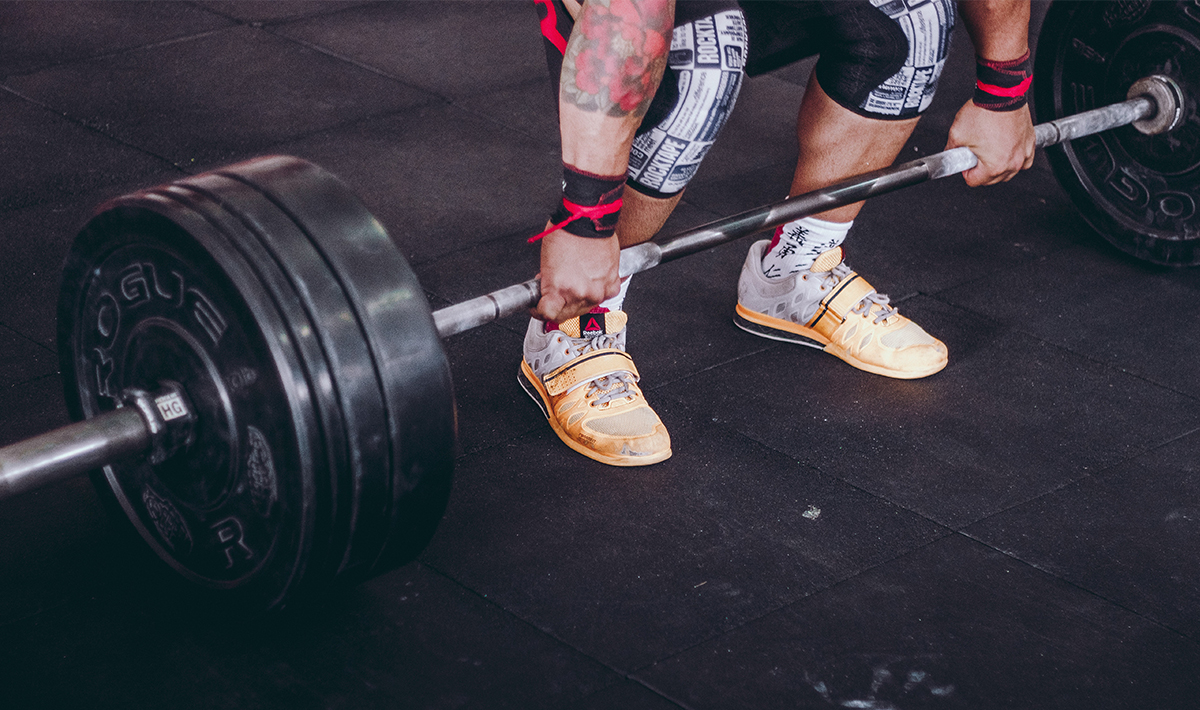
Exercising requires that we have energy, and be in generally good health. Going back to the gym soon after getting your tattoo means that you are disrupting your body’s healing process. Rest is required for your tattoo to heal, so that you can get back to your workout routine sooner rather than later. Tattoo healing before exercise is important, and we will be looking at the reasons below :
Excessive sweating disrupts healing
Sweating goes hand in hand with working out. Unfortunately, excessive sweat on the area where your tattoo is can lead to infections. Most infections are usually caused by bacteria, and they thrive in areas that have moisture. Combining excessive sweating with a fresh tattoo could mean disrupting your healing and increasing your chances of getting an infection.
Your body needs rest
Since getting a tattoo involves your skin getting punctured thousands of times by a needle, it is essentially an open wound. Your body will need to rest after getting a tattoo so that it can repair the tattoo site.
A tattoo, like any other open wound, can get infected if it is exposed to germs and unsanitary conditions. A gym, with numerous people using the same equipment, is a hotbed of germs that can infect your tattoo. Going to the gym after a new tattoo is not a great idea.
Scabs can be ripped
Exercising involves a lot of movement that can stretch your skin, which is not good for healing. If your tattoo has started to scab over, and is peeling, the scab could get ripped. This could affect how your tattoo ends up looking.
ADVERTISEMENT
ARTICLE CONTINUES BELOW
How To Protect Your New Tattoo When Exercising
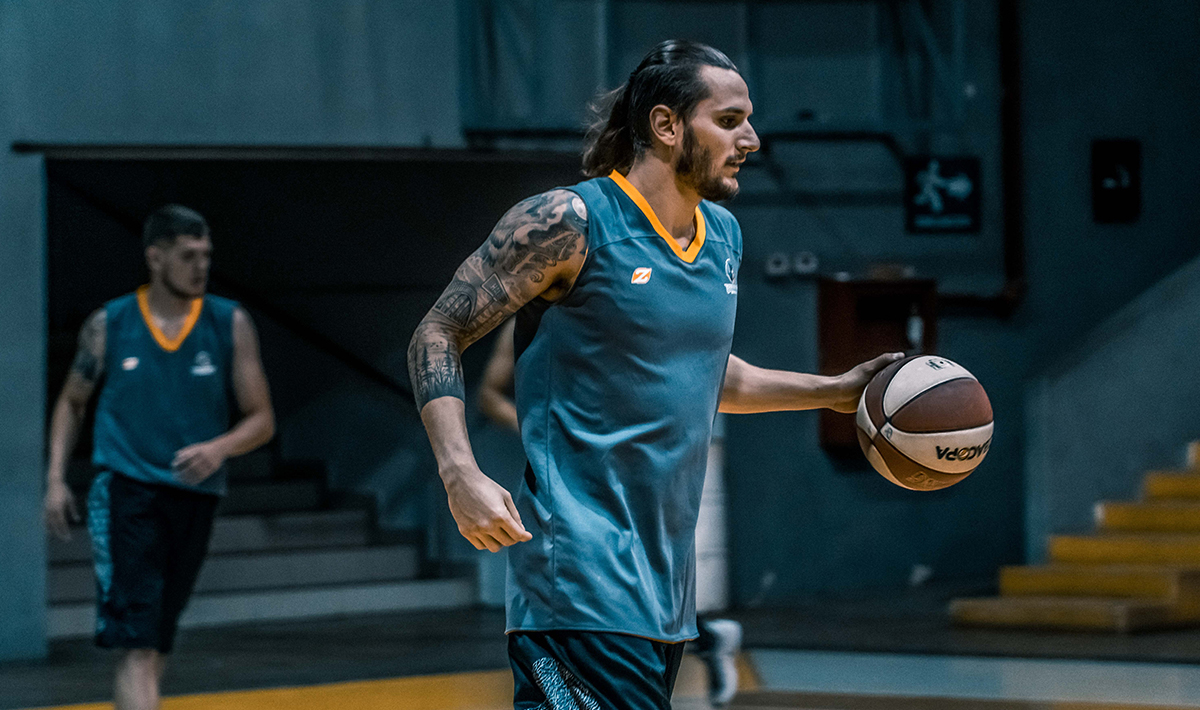
If exercising is really important for you, and you cannot imagine going without your usual workout, you will need to keep certain things in mind. Your tattoo artist will likely ask you to keep the plastic film on for 24 hours, and afterwards, you need to direct your focus on your tattoo’s aftercare. You cannot exercise for 48 hours after getting a tattoo, as this time period is really critical in the healing of the tattoo. As to when to exercise after getting a tattoo, you may start exercising after this time period, as long as you keep the following things in mind:
Wear loose clothing
You should choose loose clothing if you’re planning a workout session. Clothes that are tight around your new tattoo are a strict no-no. They could rub against your tattoo and cause irritation. If your tattoo hasn’t started scabbing over, tight clothing could hamper the healing and repair process of your body.
It is advisable that you choose moisture-wicking clothes while exercising so that your clothes can absorb the extra moisture, and keep it away from the tattoo. You should also keep a towel handy to wipe away excess sweat before it can do any damage.
Reduce the intensity
If you’re fond of high-intensity workouts, you will have to dial it back a little – until your tattoo has healed. Exercises that are strenuous are not suitable for someone who has just gotten a tattoo. We have already covered how excessive sweating and stretching can hinder your tattoo’s healing. This means intensive exercises such as weight lifting, or even aerobics, are out of the question. You will need to stick with low-intensity exercises for a few weeks before you can go back to your normal routine.
Exercise less
Those who believe that the gym is like their second home will need to spend a little less time there, at least for a few weeks. Since exercising can have a negative effect on how fast your tattoo heals, exercising less frequently can help the tattoo heal faster. You need to rest and recover after getting a tattoo.
Conclusion
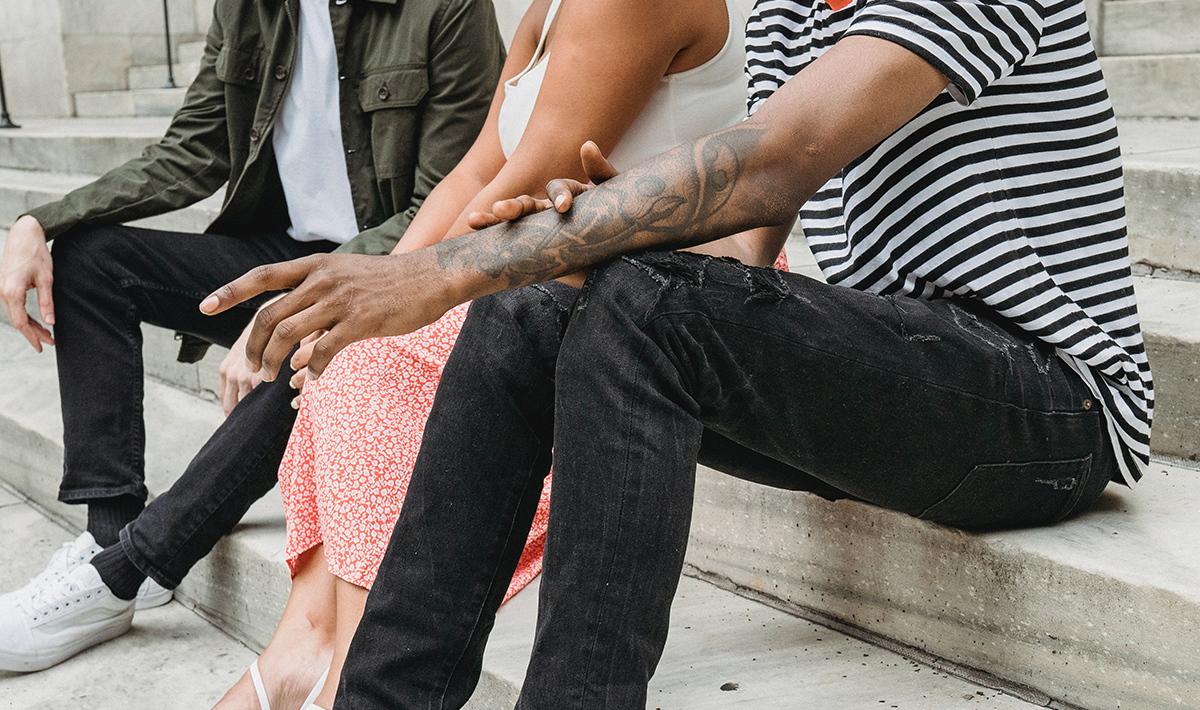
Getting a tattoo leaves you and your skin vulnerable, and you need to take proper care of yourself so that you can recover fast. When you exercise, make sure to take all necessary precautions. Avoid exposing your tattoo to conditions that are unsanitary, make sure that you do not expose your tattoo to the sun, and be meticulous in cleaning and applying ointment to your tattoo.
If you frequent a gym, you should make it a point to not get in contact with other people or the gym equipment, benches, and walls. You should only touch your tattooed skin if you have washed your hands. This is to reduce your chances of getting your tattoo infected. If you’re thinking – when to exercise after getting a tattoo, your tattoo should be completely healed by 4 to 6 weeks. After this time period, you can resume your workout routine with zero issues.
ADVERTISEMENT
ARTICLE CONTINUES BELOW



